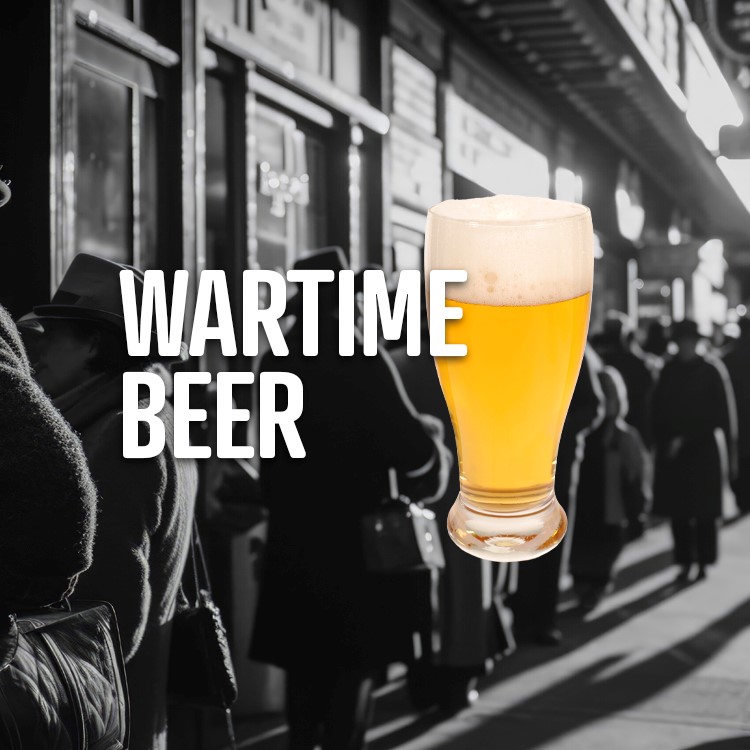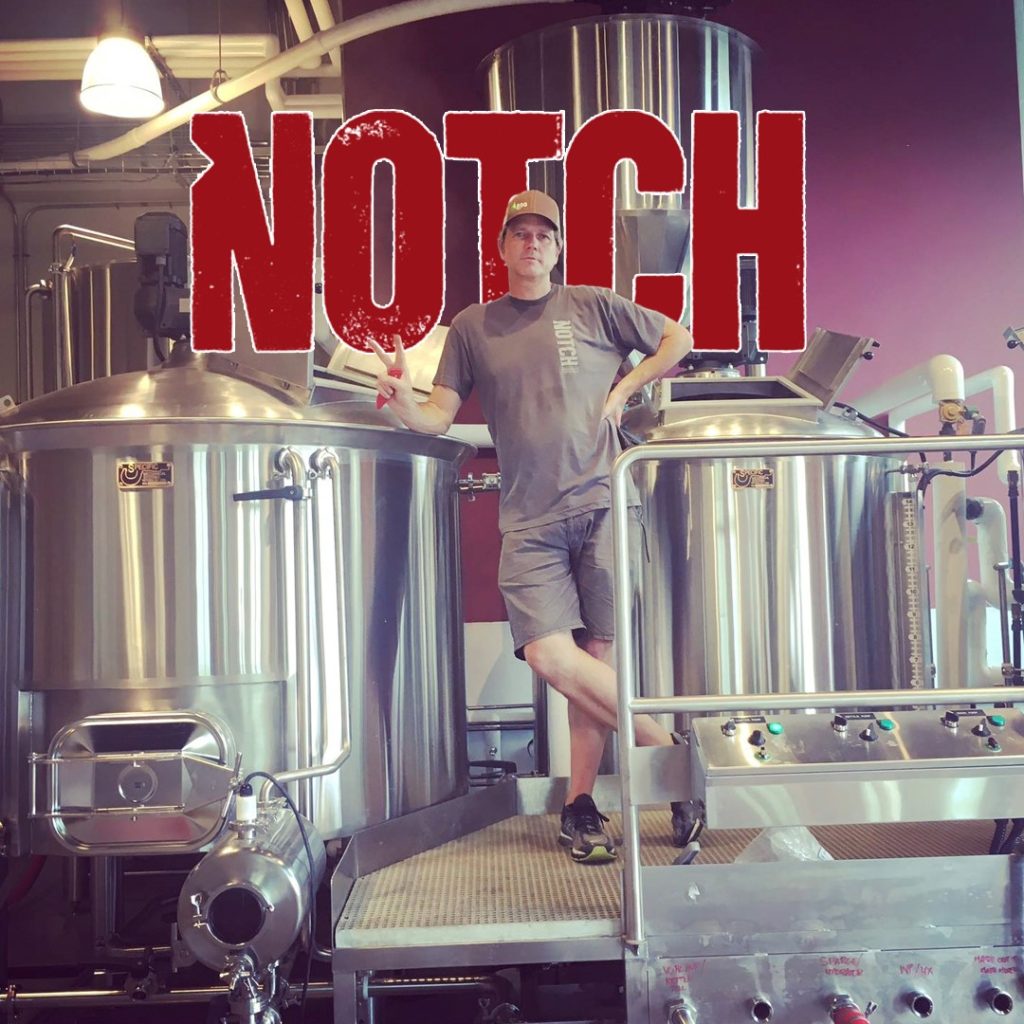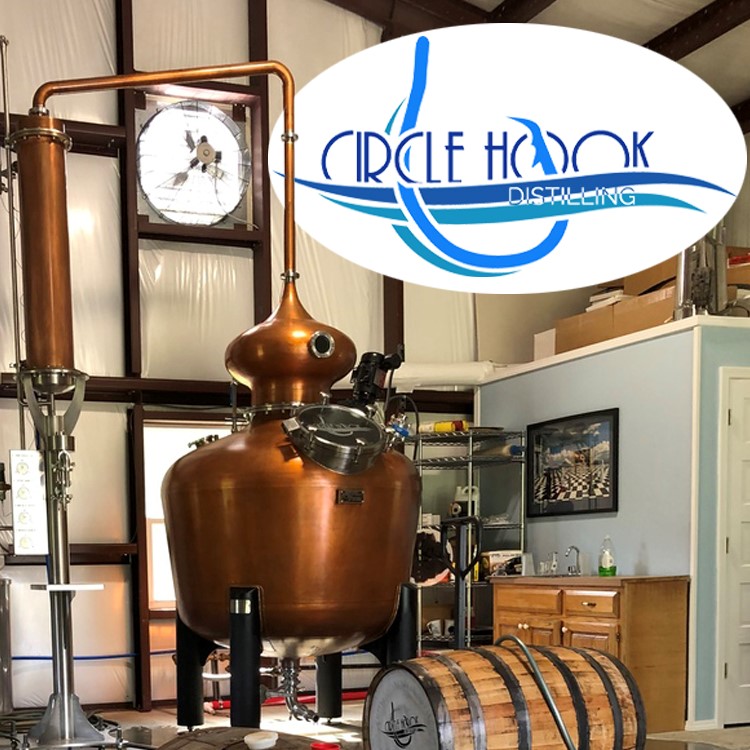During World War II, beer played a surprisingly significant role on the American home front and in the lives of soldiers overseas. At a time when American morale was essential, beer became both a comfort and a symbol of normalcy. Many breweries shifted their production to support the war effort, supplying beer to soldiers and factories producing military supplies. For soldiers, beer was a taste of home—a beverage they associated with leisure and camaraderie.
The U.S. government recognized beer’s positive impact on morale. In fact, military brass and policy-makers worked with breweries to ensure beer was available to troops without detracting from war-critical resources. Breweries were allocated limited supplies of grain to produce beer for the troops, while at the same time, they were also making sacrifices to provide industrial alcohol for military and medical use.
The industry also used beer to promote patriotism, with breweries introducing labels and advertisements supporting the war effort. Pabst, Anheuser-Busch, and other brands famously promoted Victory Gardens and encouraged civilians to ration in their ads, weaving beer into the fabric of American identity during the war.
On the home front, beer remained popular in bars and social clubs where families and friends gathered to bond and share news. It became a symbol of resilience and an affordable luxury during a time of widespread sacrifice. When the war ended, beer’s presence had become even more entrenched in American culture, a staple not just of leisure but of unity and patriotism.





